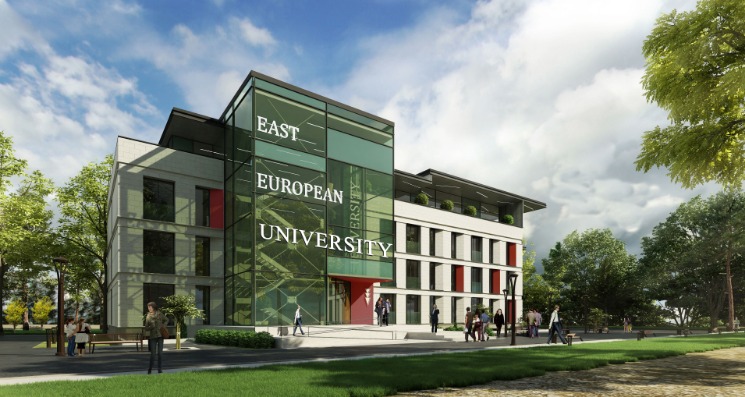The Waldorf Philosophy: Cultivating Imagination and Connection
Emerging from Rudolf Steiner’s insights, Waldorf education represents a profound departure from conventional academic models. This approach prioritizes the holistic development of the child—head, heart, and hands—over early specialization or standardized testing. Central to 華德福教育 is the belief that learning should unfold in developmentally appropriate stages, respecting the natural rhythms of childhood. In the crucial early years, play isn’t merely recreational; it’s the primary vehicle for understanding the world. Classrooms in a Waldorf School are sensory-rich environments featuring natural materials, soft colors, and an absence of digital screens, fostering creativity and deep connection.
The curriculum is meticulously woven into thematic blocks spanning several weeks, allowing concepts to be explored through storytelling, movement, music, and practical arts. Academic skills like reading and arithmetic are intentionally introduced later than in mainstream systems, typically around age seven. Before this, the focus rests on building social capacities, emotional resilience, and a foundational love for learning through imaginative play and hands-on activities like baking, gardening, and crafting. The class teacher often remains with the same cohort for multiple years, nurturing a deep, supportive relationship and understanding each child’s unique learning journey. For families seeking an environment that values artistic expression, reverence for nature, and cultivating intrinsic motivation, exploring a 華德福學校 can offer a transformative path aligned with these principles.
Assessment within Waldorf pedagogy is qualitative and continuous, emphasizing progress, effort, and individual growth rather than competitive grading. Teachers observe children closely, documenting their development across physical, emotional, social, and cognitive domains. Parental involvement is highly encouraged, creating a strong partnership between home and school. While sometimes perceived as unconventional, the outcomes speak volumes: graduates often demonstrate exceptional problem-solving skills, adaptability, strong ethical grounding, and a lifelong passion for discovery – qualities increasingly vital in our complex world.
Navigating Early Years: Preschool, Kindergarten, and International Choices
The landscape of early childhood education in Hong Kong presents diverse avenues, each with distinct philosophies. Traditional 幼稚園 (kindergartens) often focus on structured readiness for local primary systems, emphasizing early literacy, numeracy, and discipline. Conversely, Pre School and Summer School programs within international contexts frequently adopt a more play-based or inquiry-led approach, drawing from frameworks like Reggio Emilia or Montessori. These environments prioritize exploration, language immersion (often English), and developing social skills within multicultural settings, preparing children for potential transitions into global educational streams.
國際學校 (International Schools) cater extensively to expatriate families and locals seeking globally recognized curricula such as the International Baccalaureate (IB) Primary Years Programme (PYP) or adaptations of British or American systems. These schools emphasize bilingualism or multilingualism, critical thinking, and a broad worldview from the earliest years. The choice between a local 小學 (primary school), an international pathway, or a specialized approach like Waldorf hinges on core family values, long-term educational goals, and the desired balance between academic rigor and holistic development. Factors such as language acquisition priorities, cultural identity, and the importance placed on standardized assessments versus creative expression play pivotal roles.
Many institutions now offer hybrid models or enrichment programs recognizing the value of diverse pedagogical elements. For instance, some traditional kindergartens incorporate more creative play, while certain international schools integrate mindfulness or arts deeply. Understanding the core tenets of each model—whether it’s the highly structured academics of some local systems, the global perspective of international schools, or the developmental rhythm of Waldorf—is essential. Visiting schools, observing classrooms, and speaking with educators and current parents provide invaluable insights far beyond brochure descriptions.
Summer Experiences: Bridging Learning and Leisure
Beyond the regular academic year, 暑期班 (Summer School) programs offer dynamic opportunities for enrichment, skill development, and preventing the notorious “summer slide.” These programs range dramatically in focus. Some provide intensive academic support or acceleration, particularly in language acquisition (like English or Mandarin) or STEM subjects. Others prioritize experiential learning, creativity, and physical activity – think robotics workshops, drama camps, intensive sports training, outdoor adventure expeditions, or specialized arts programs like pottery or digital animation.
For families invested in specific educational philosophies, summer presents a chance for deeper immersion. Dedicated 華德福教育 summer camps might focus on nature connection through farming activities, traditional crafts like wet felting or woodwork, storytelling under trees, and collaborative outdoor games, reinforcing the core values in a relaxed seasonal setting. Similarly, international schools often run summer programs open to external students, providing a taste of their inquiry-based approach through thematic projects exploring topics like marine biology, space exploration, or world cultures, often leveraging their extensive facilities.
Choosing the right summer program involves aligning the child’s interests and needs with the program’s structure and outcomes. Is the goal remedial support, exploring a new passion, physical activity, or simply joyful engagement in a safe environment? High-quality Summer School options seamlessly blend fun with learning, fostering social interaction, independence, and confidence. They can serve as valuable trial periods for parents considering a longer-term switch in educational settings, allowing children to experience a different pedagogical environment without the commitment of a full academic year.


